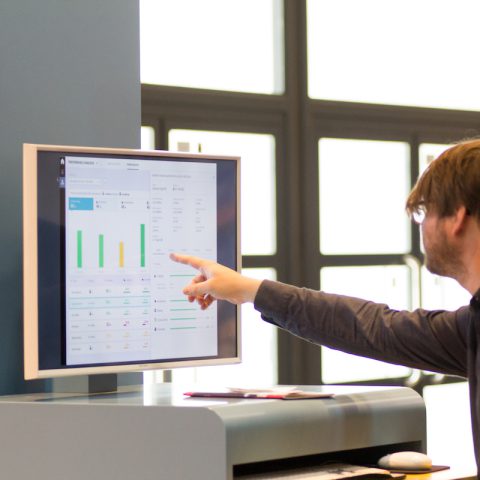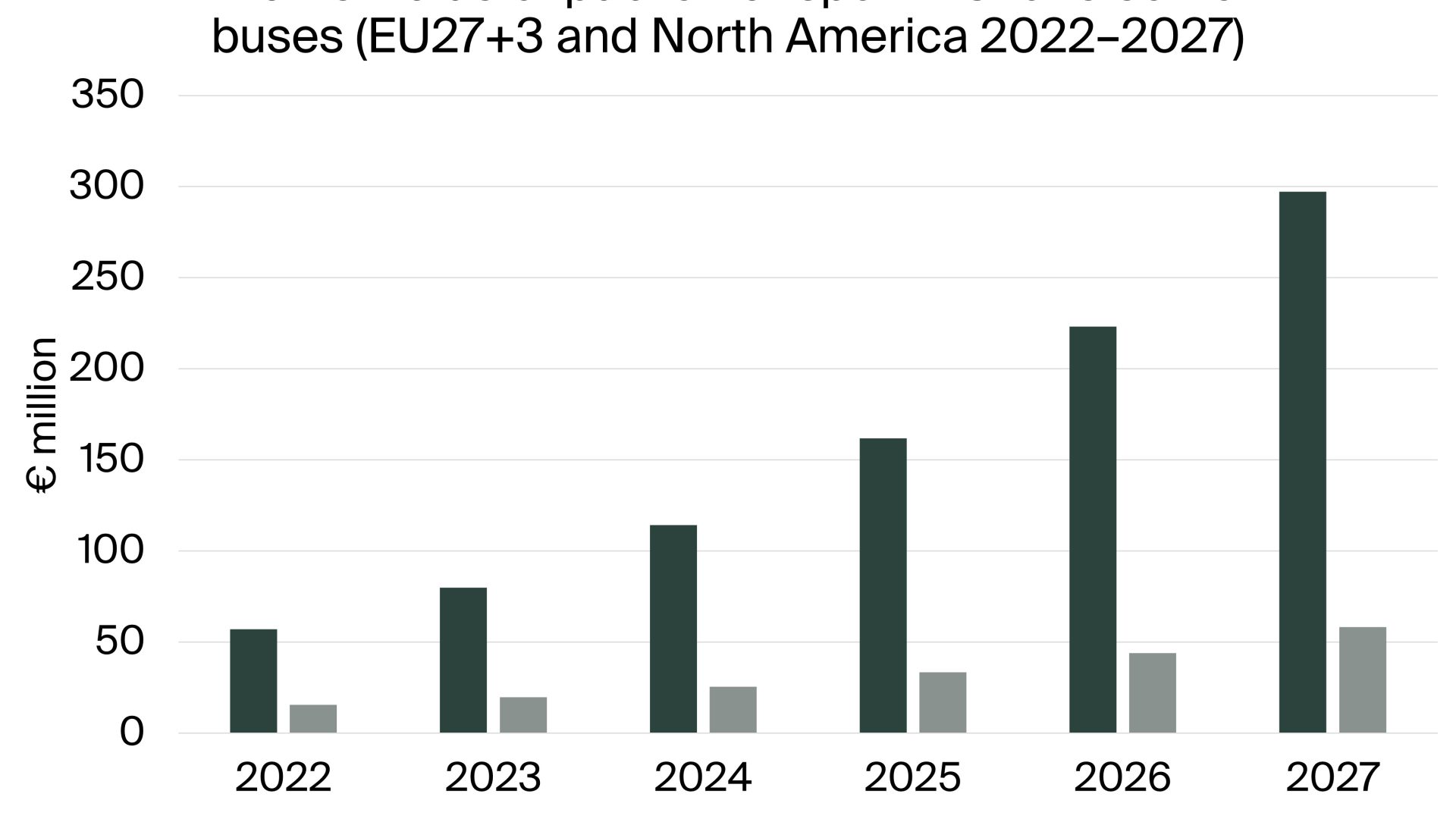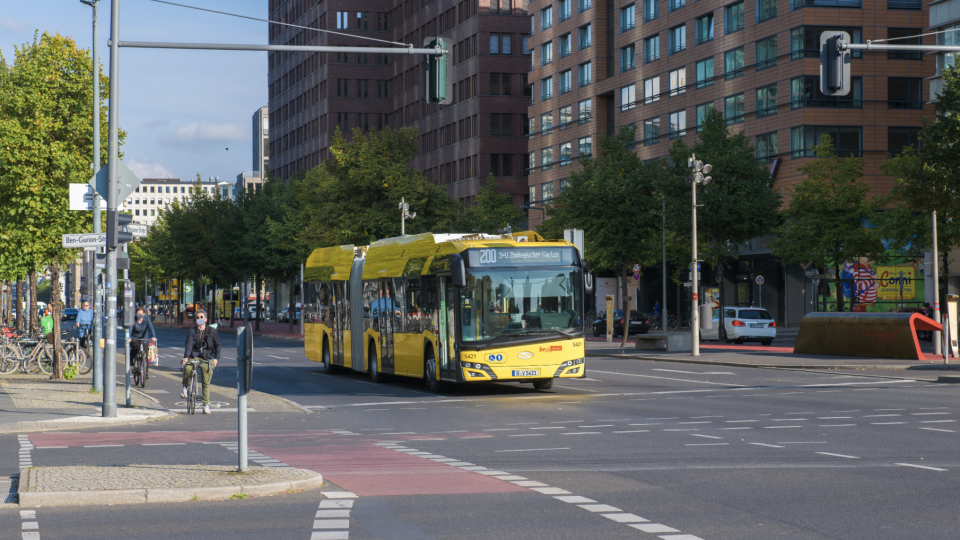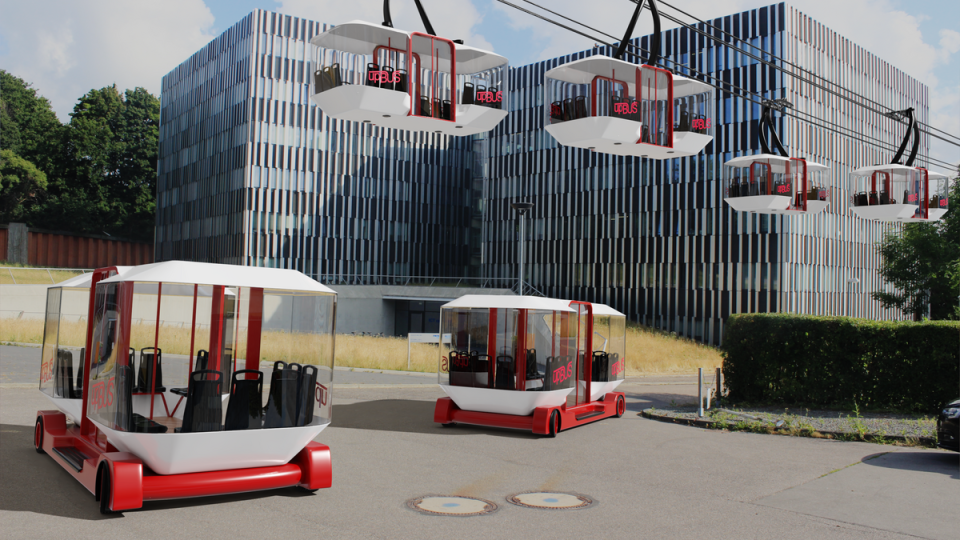ITS Market for e-buses in Europe and North America expected to grow 5 times by 2027, study shows
The market for Intelligent Transport Systems (ITS) for electric buses in Europe and North America is projected to reach €355 million by 2027, according to a recent report by IoT analyst firm Berg Insight. The study reveals that the European market for electric bus ITS reached €57.1 million in 2022 and is anticipated to grow […]

The market for Intelligent Transport Systems (ITS) for electric buses in Europe and North America is projected to reach €355 million by 2027, according to a recent report by IoT analyst firm Berg Insight.
The study reveals that the European market for electric bus ITS reached €57.1 million in 2022 and is anticipated to grow at a compound annual growth rate (CAGR) of 39 percent, reaching €297.2 million by 2027. Similarly, the North American market is forecasted to experience a CAGR of 30 percent, increasing from €15.5 million in 2022 to €58.2 million in 2027.

Berg Insight names players in ITS bus market
While some ITS providers offer comprehensive turnkey solutions covering various ITS applications for electric buses, others specialize in specific sub-systems, the study shows. Major international players such as INIT, IVU, Clever Devices, and Trapeze offer turnkey solutions, including those tailored for electric buses.
As the industry transitions from pilot projects to larger-scale implementations, telematics provider ChargePoint has emerged as a key player in Europe and North America, especially after its acquisition of Dutch ViriCiti in 2021. ChargePoint has expanded its offerings to include hardware and software solutions for bus fleet management, in addition to its existing portfolio of charging station hardware, software, and services.
Other notable vendors serving public transport companies with diverse solutions include EQUANS (a subsidiary of the French group Ineo Systrans), Consat Telematics, FARA, Saga Tenix, GIRO, and PSI Transcom.
The integration of electric buses and charging stations necessitates ITS solutions that connect all the essential infrastructure elements, including buses, charging stations, and depots. While many operators initially invest in basic monitoring solutions, larger deployments require additional subsystems for dispatching, scheduling, charging station management, and depot management. Mr. Jansson emphasized the importance of modern ITS solutions for optimizing routes and efficiently supplying energy to electric vehicle fleets, especially as their scale and complexity increase.
“Implementations of electric bus fleets are really starting to take off and there are already several cities in Europe with fleets operating over 100 electric buses”, said Caspar Jansson, IoT Analyst, Berg Insight. “Operators face greater complexity with large electric vehicle fleets. Optimizing routes and supplying the required energy at the right time to the right vehicle is significantly easier with a modern ITS solution for electrified fleets”, concluded Mr. Jansson.
Source of picture: MAN Digital Services









